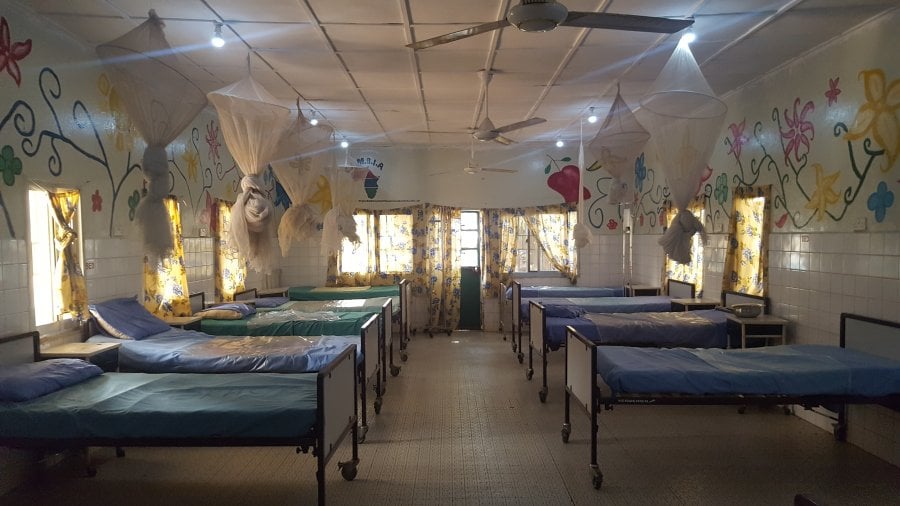
World Hand Hygiene Day (5 May) is organised by the World Health Organisation to accelerate action to prevent infections and antimicrobial resistance (AMR) in health care, and to build a culture of safety and quality in which hand hygiene improvement is given high priority. The term ‘hygiene’ encourages both personal and environmental disinfecting practices, including in the hospital environment, which plays a critical role in the transmission of AMR and hospital-acquired infections.
Little is known about environmental cleaning in healthcare and hospital settings in low- and low-middle-income countries (LMICs). However, with limited resources, many LMICs struggle to maintain an adequate clean, and safe healthcare environment. With the aim of addressing these challenges, the UK Public Health Rapid Support Team (UK-PHRST) convened the CLEAN stakeholder group to identify questions to strengthen the evidence-base on environmental cleaning, which, in turn, will protect patients and healthcare workers from hospital-acquired infections and limit the spread of AMR in resource-limited hospital settings.
The CLEAN group prioritised 12 key research questions needed to inform or enhance the implementation of best practices in healthcare environmental cleaning in the LMIC setting, classified into four core domains: standards, system strengthening, behaviour change, and innovation. They released a briefing which tackled for the first time the considerations needed for implementing effective environmental cleaning at national and hospital levels. These included ensuring the country aligns with its national action plan on AMR and infection prevention standards, accounting for the intersection of identities cleaners hold (often women from low socio-economic backgrounds, considered at the bottom of hospital hierarchical systems), ensuring environmental cleaning is a priority at all levels of the health system, and much more.
Giorgia Gon, Assistant Professor at LSHTM and co-author of the CLEAN group briefing said: “Cleaners have too long been an invisible cadre in the healthcare system. By supporting their essential role in patient and health worker safety, we can allow them to work effectively and with dignity”.
Providing safe care in hospitals is hindered by the current sup-optimal practices in water, sanitation, hygiene, and infection prevention control in LMICs. Work addressing the identified evidence-based gaps by the CLEAN group will contribute to delivering actionable solutions for improved hygiene practices in resource-limited hospitals and ensure a safe and respectful environment is available to patients and healthcare staff all over the world.
The UK Public Health Rapid Support Team is funded by UK Aid from the Department of Health and Social Care and is jointly run by UK Health Security Agency and the London School of Hygiene & Tropical Medicine. The views expressed in this publication are those of the author(s) and not necessarily those of the Department of Health and Social Care.
Find the UK-PHRST Updates page here.
Our postgraduate taught courses provide health practitioners, clinicians, policy-makers, scientists and recent graduates with a world-class qualification in public and global health.
If you are coming to LSHTM to study a distance learning programme (PG Cert, PG Dip, MSc or individual modules) starting in 2024, you may be eligible for a 5% discount on your tuition fees.
These fee reduction schemes are available for a limited time only.
